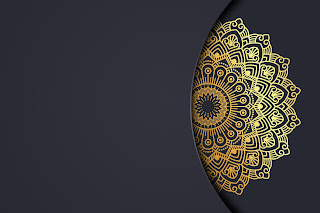Concise Introduction to Principles of Islamic Jurisprudence Based on al-Waraqat [Part 27]
This section in al-Waraqat discusses, whether things on which there is no specific Islamic Shariah rule and things whose harmfulness is not confirmed, are prohibited or permitted.
Opinions of the Scholars on Permission and Prohibitions of Things that There is No Specific Shariah Rule is Mentioned:
1. Some scholars believe such things are originally prohibited except what the Islamic Shariah has permitted. Thus, if there is no evidence in the Islamic Shariah permitting them, then they are prohibited according to the original rule.
2. Some scholars have the opposite opinion, namely, things are originally permissible except what the Islamic Shariah has prohibited.
3. Other scholars have chosen not to say whether things are originally permitted or prohibited.
4. The correct opinion is elaboration on the matter, namely, harmful things are prohibited by Islamic Shariah, and beneficial things are permissible by Islamic Shariah.

No comments:
Post a Comment